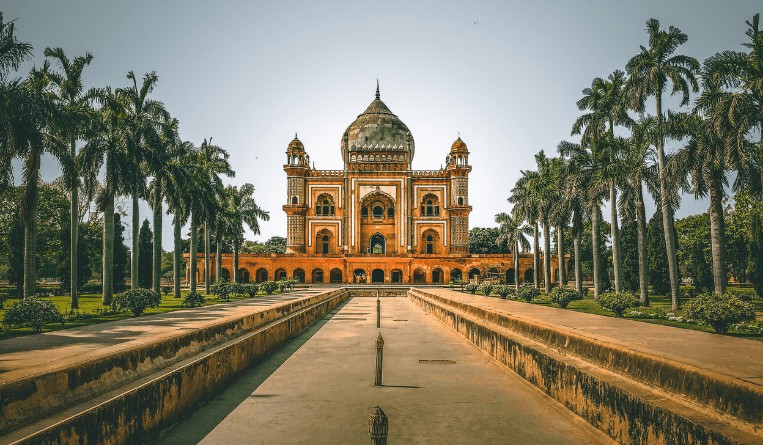India’s High Court of Delhi forms Intellectual Property Division
09 July 2021

The High Court of Delhi in India announced on July 6, 2021 that it will form an Intellectual Property Division (IPD) to specifically handle cases related to intellectual property (IP) rights.
These will include all cases that would be transferred from the Intellectual Property Appellate Board (IPAB) which was abolished on April 4, 2021. An estimated 3,000 IP matters pending before the IPAB will be transferred to the Delhi High Court.
The IPD will also handle original proceedings, writ petitions, appeals and miscellaneous applications.
“Whether the decision to create the IPD is good or not would depend on a number of aspects including the speed at which the appeals/petitions would be disposed of by the IPD and the number of Hon. Judges assigned to the Department,” said Tarun Khurana, a partner at Khurana & Khurana in New Delhi.
As of this writing, five judges have been nominated to the IPD.
Meanwhile, formulation of rules for proceedings before the division is underway. The Chief Justice of the Delhi High Court will notify the IPD benches from time to time.

“It is only an initiative by the Delhi High Court for the moment, and we'll need to wait and watch how quickly the other High Courts adopt the same or similar architecture/practice, and this IPD would only entertain pending IPAB matters from the Delhi jurisdiction,” Khurana added.
IPAB’s abolition was pursuant to “The Tribunals Reforms (Rationalization and Conditions Of Service)” Ordinance promulgated by the Central Government of India.
The objectives of the Ordinance were, among others, 1) to provide a mechanism for filing appeals directly to the High Courts, 2) dissolve tribunals found to be unnecessary 3) hasten the resolution of cases and delivery of justice at low cost, 4) reduce expenditures on infrastructure and operational expenses, and 5) address the shortage of supporting staff of tribunals and infrastructure.
Delays in the appointment of technical members to the IPAB and shortage of supporting staff led to prolonged periods during which it was non-functional. The Appellate Board was composed of technical and judicial members.
“While IPAB was surely slow and non-functional for a long time, but when it was functional and active, the speed of issuing orders and taking up of matters was consistent, and at the same time ensured that the overall cost for the client was relatively more affordable in view of a restricted number of hearings per matter,” said Khurana. “However, the cost for filing an appeal/cancellation/revocation petition at the IPD is surely going to be much higher and would require more hearings for the matter to be disposed of, thereby even slowing down the overall time taken to logically conclude the matter.”
Considering these and putting it within the context of the Delhi High Court and the IPD, does he believe the IPAB should not have been abolished in the first place?
“I personally still believe that the IPAB was the appropriate forum where the appeals could lie, and if the IPAB bench constitution was kept active at all times, its performance would have been much stronger,” Khurana said.
Espie Angelica A. de Leon






